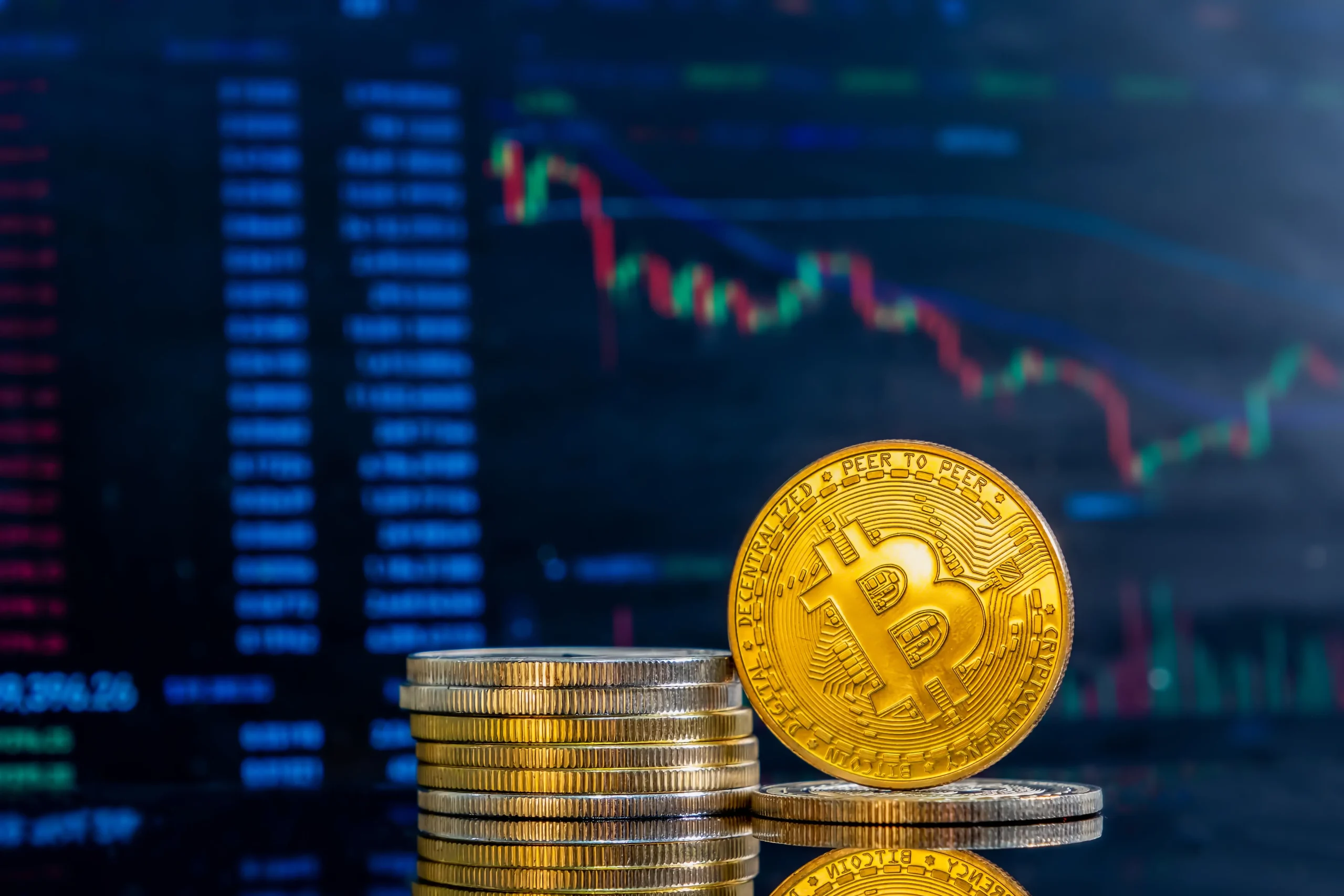Here’s Why September is Historically The Worst Month for Bitcoin
11.09.2024 20:00 1 min. read Kosta Gushterov
Bitcoin investors should prepare for a “seasonal slog” in September, which has historically been the worst month for average returns, according to New York Digital Investment Group (NYDIG).
Greg Cipolaro, NYDIG’s global head of research, mentioned that there are currently few near-term catalysts for Bitcoin. He noted that potential drivers for Bitcoin’s price are primarily linked to macroeconomic factors such as inflation, unemployment, GDP growth, and monetary policy decisions by the Federal Open Market Committee, rather than specific crypto or Bitcoin developments.
Bitcoin has seen a slight increase of over 3% in the past 24 hours, partly due to strong performances in the S&P 500 and the Nasdaq, which both gained 1.16% on September 9.
Historically, September has been the worst month for Bitcoin, with an average monthly loss of 5.9% since 2011. In contrast, the fourth quarter of the year, particularly October and November, has typically been stronger for Bitcoin, with average gains of 16.1% and 40.6%, respectively.
Cipolaro also highlighted the upcoming U.S. presidential election in November as a significant concern for the crypto market. While former President Donald Trump is known for his crypto-friendly stance, Vice President Kamala Harris’s position on digital assets is less clear. This uncertainty could lead to increased volatility in the meantime. He suggested that Bitcoin might be influenced by broader market conditions until then.
-
1
Strategy’s Michael Saylor Says Bitcoin’s Volatility Era Is Over
13.06.2025 8:00 1 min. read -
2
Quantum Computing Won’t Kill Bitcoin, Says Michael Saylor
10.06.2025 12:00 1 min. read -
3
Bitcoin Struggles as Selling Pressure Mounts Amid Geopolitical Turmoil
13.06.2025 15:00 2 min. read -
4
Bitcoin on the Edge: Why One Veteran Trader Sees a 75% Plunge
11.06.2025 13:00 1 min. read -
5
Why Michael Saylor Bet on Bitcoin During the COVID Cash Crisis
12.06.2025 19:00 2 min. read
Strategy Boosts Bitcoin Holdings to 597,325 BTC with Latest Purchase
Bitcoin giant Strategy has added another 4,980 BTC to its reserves in a purchase worth approximately $531.9 million, according to Executive Chairman Michael Saylor.
Veteran Trader Peter Brandt Shares Simple Wealth Strategy with Bitcoin at Its Core
According to renowned market veteran Peter Brandt, trading isn’t the path to prosperity for the vast majority of people.
Why Bitcoin Is Stuck Despite Wall Street Demand
Charles Edwards, founder and CEO of Capriole Investments, has offered a fresh perspective on Bitcoin’s stalled price movement near the $100,000 mark, despite growing institutional enthusiasm.
Metaplanet Now Holds 13,350 BTC Worth $1.4 Billion
Metaplanet has expanded its Bitcoin treasury with a new acquisition of 1,005 BTC valued at approximately $108.1 million, further cementing its status as one of the largest corporate holders of the digital asset.
-
1
Strategy’s Michael Saylor Says Bitcoin’s Volatility Era Is Over
13.06.2025 8:00 1 min. read -
2
Quantum Computing Won’t Kill Bitcoin, Says Michael Saylor
10.06.2025 12:00 1 min. read -
3
Bitcoin Struggles as Selling Pressure Mounts Amid Geopolitical Turmoil
13.06.2025 15:00 2 min. read -
4
Bitcoin on the Edge: Why One Veteran Trader Sees a 75% Plunge
11.06.2025 13:00 1 min. read -
5
Why Michael Saylor Bet on Bitcoin During the COVID Cash Crisis
12.06.2025 19:00 2 min. read


